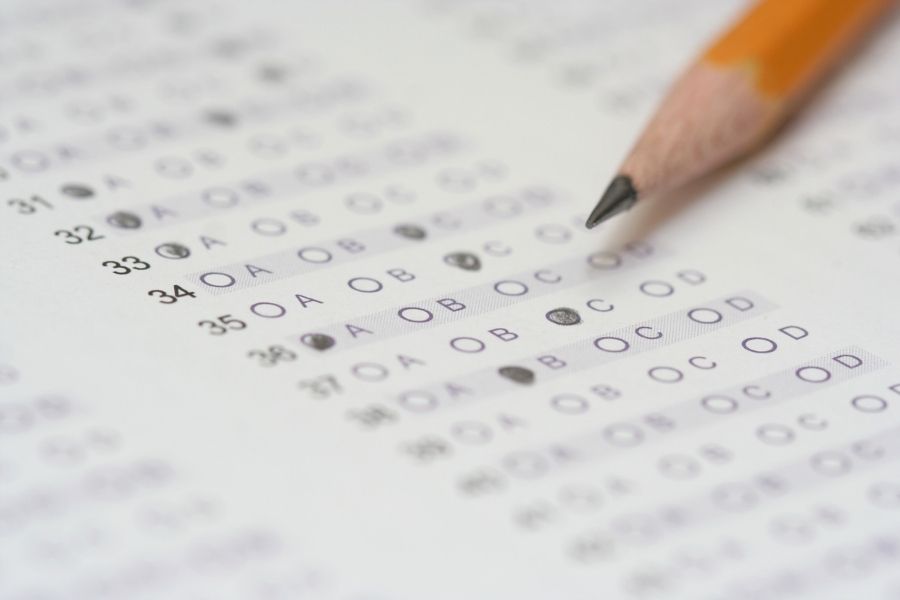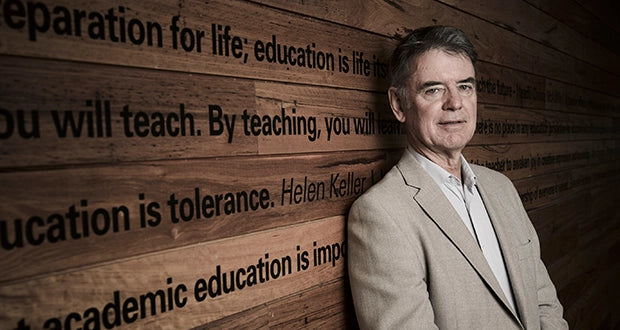This article is part four of the John Hattie series of articles.
Deliberate practice is defined as putting a sustained effort into improving performance in a specific skill, such as learning to play the piano.
In the context of years 11 and 12, while spending time on practice examinations and giving back results is useful in preparation for exams, deliberate practice is a more involved process.
Many of you will know of the work of John Hattie, globally renowned professor of education, and the current Director of the Melbourne Education Research Institute at the University of Melbourne.
In this series on Hattie’s research, we are looking at the assessment strategies he outlines as having the highest impact on student achievement.
His research identifies deliberate practice, or training which is focused and personalised over a prolonged period of time, as a highly effective way to improve student outcomes.
Deliberate practice explained
In 2017, Hattie updated the findings of his large-scale research project to include deliberate practice as a factor in student achievement, which was found to have an effect size of d = 0.76.
With anything above d = 0.8 being considered high, he concludes that “effort and deliberate practice” are both critical to consolidate initial learning. He adds that students must understand in detail how they are being evaluated in order to self-evaluate and become intrinsically motivated to improve.
Author of the Australian blog Evidence-Based Teaching, Shaun Killian, explains that a student who is engaged in deliberate practice will:
- be motivated by a compelling desire to improve
- exert extra effort and challenge themselves to do better
- be engaged in practice over a long period of time
- often receive feedback for their efforts
This description indicates that in order for a student to have success with deliberate practice in the classroom, the teacher is in fact playing a supporting role. They will give regular feedback and encourage prolonged practice before exams, but ultimately, the student needs to be intrinsically motivated to succeed in the subject.
Hattie’s research also suggests that this motivation comes from a strong understanding of the assessment process for a particular subject, and a clearly delineated pathway to achieve better results.
Creating a clear pathway to success might take the form of modelling the skills needed to answer a difficult problem, making success criteria explicit, or giving feedback to explain where a student needs to focus revision based on curriculum content.
Problems with Hattie’s research
It is important to note that Hattie’s findings in this case are controversial. This is due to the methodology used, which involved determining the average effect size across three meta-analyses.
The first meta-analysis was conducted in 1983, before deliberate practice as it is understood today had been identified. The second analysis was focused mainly on adults, although some data was collected from children. In the third analysis, the research looked at the impact of deliberate practice in many different areas, including education. It was also conducted predominantly with university students and the impact for education was relatively low.
With this in mind, it is difficult to conclude with certainty that deliberate practice does in fact have a direct impact on student achievement in schools, although common sense would suggest that if a student is motivated to practise at something they find difficult, they will undoubtedly improve over time.
Other research to consider
Related to findings on deliberate practice, The New York Times best selling author, Malcolm Gladwell, made the research of psychologist Anders Ericsson popular in his book Outliers. Ericsson’s research suggests that almost any skill can be mastered with just 10,000 hours of practice, meaning that with hard work and practice over time, individuals are certain to become experts in a particular skill or field.
However, this research is also disputed, and the extent to which deliberate practice will actually improve skills has been linked to other variables, such as genetic factors, environmental factors, and interactions with others.
This indicates that no matter how much deliberate practice students are engaged with, other factors will influence the extent to which it can impact upon their overall achievement.
For more information, you can download the full chart explaining Hattie’s findings here.
———–
Neap has been active in the education community for over 30 years, with an established reputation for producing high quality materials for VCE and HSC. We are driven to deliver assessment materials that teachers can trust for their accuracy, level of complexity and adherence to the curriculum.
This article is authored by Sophia Wichtowska, an experienced writer and English teacher with a Masters in Education from the University of Cambridge. She enjoys writing about learning and passing on knowledge to others.



